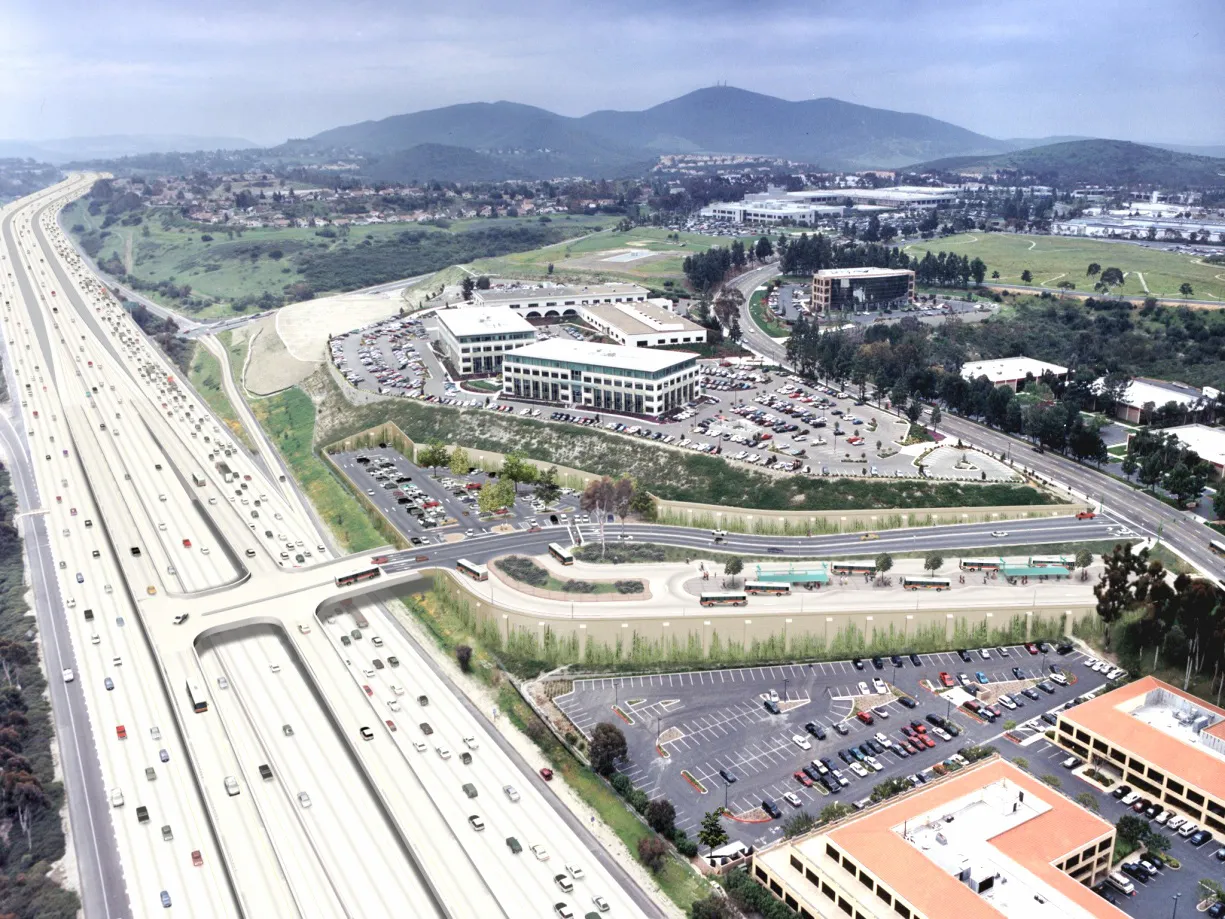UK firm Exeros Technologies has developed a camera and alarm system that can help combat the problem of driver fatigue and distraction. The non-contact system is smaller than most satnav devices and works by using an advanced video camera algorithm. This monitors the driver's eyes and face for signs of fatigue or prolonged distraction. It uses advanced facial recognition techniques to detect and monitor retina and eyelid movement of the driver. Should the driver show signs of fatigue, the camera will recogn
February 23, 2012
Read time: 1 min

UK firm 2703 Exeros Technologies has developed a camera and alarm system that can help combat the problem of driver fatigue and distraction.
The non-contact system is smaller than most satnav devices and works by using an advanced video camera algorithm. This monitors the driver's eyes and face for signs of fatigue or prolonged distraction. It uses advanced facial recognition techniques to detect and monitor retina and eyelid movement of the driver. Should the driver show signs of fatigue, the camera will recognise this by assessing retina response to light and closure of eyelids which often slows and decreases when tired.
The device will then warn the driver with loud audio tones and warnings within two seconds. The system also watches driver head movements.
Should a driver look out of the window for longer than four seconds it will provide an alert.
The non-contact system is smaller than most satnav devices and works by using an advanced video camera algorithm. This monitors the driver's eyes and face for signs of fatigue or prolonged distraction. It uses advanced facial recognition techniques to detect and monitor retina and eyelid movement of the driver. Should the driver show signs of fatigue, the camera will recognise this by assessing retina response to light and closure of eyelids which often slows and decreases when tired.
The device will then warn the driver with loud audio tones and warnings within two seconds. The system also watches driver head movements.
Should a driver look out of the window for longer than four seconds it will provide an alert.







